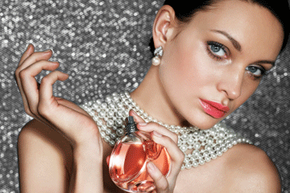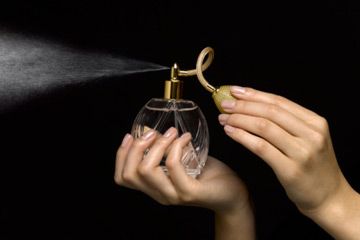Most of us, when we catch a whiff of something beautiful, are thinking less of volatile molecules and more of following that scent to the ends of the world. It can be intoxicating, a great perfume, and many people are loyal to a single scent for their entire lives. (Not always a good idea, by the way -- but we'll get to that later.)
It's not just perfume, either: Bath gels, body washes, shampoos and moisturizing lotions can all carry the scents we love. But perfume (or cologne) is something special, because the scent is the entire point. We choose a fragrance because it imparts a trait: sensuality, freshness, femininity. Or maybe it makes us feel confident or relaxed. Whatever the imparted effect, though, it all comes from one place: chemistry. And the longest-lasting effect we achieve with our scent is in the dry-down stage.
Advertisement
This makes dry-down an important consideration in the choice of a fragrance. So what is this "dry down," and how does it affect how we smell?
Well, it's pretty simple: Some smells stay around longer than others.
Advertisement

